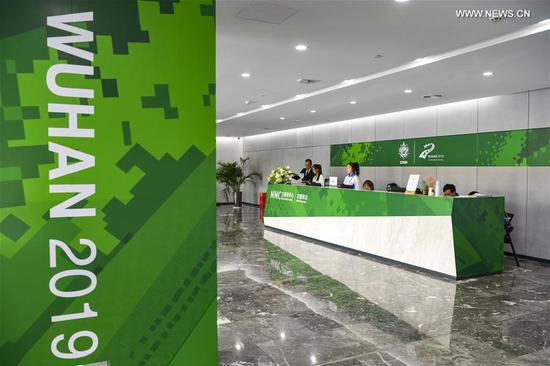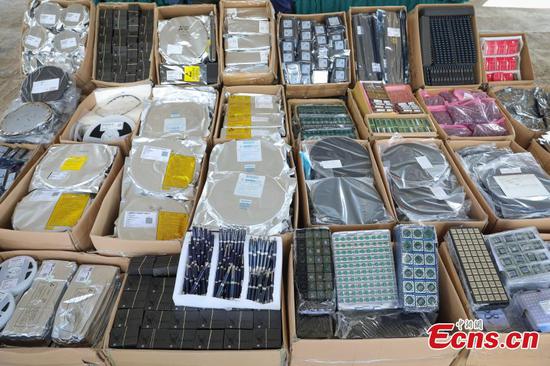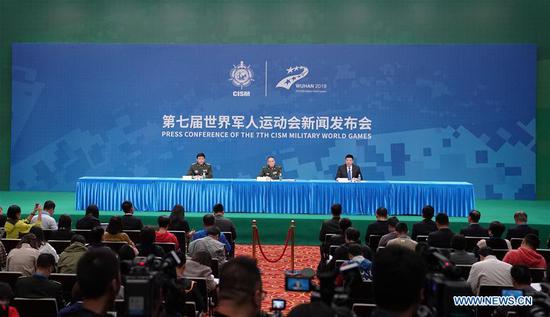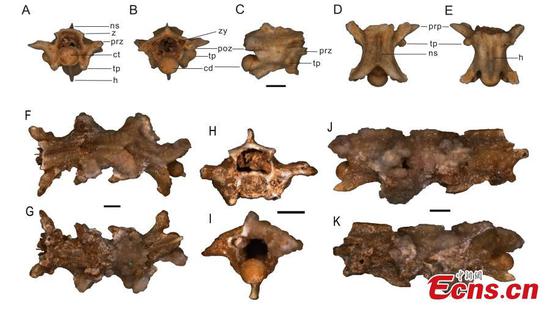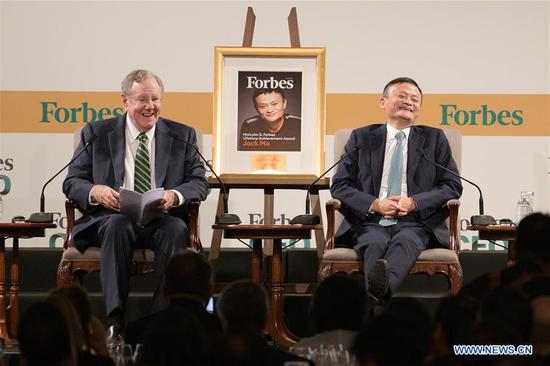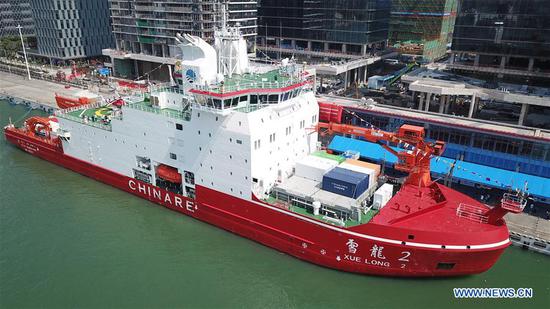On the Irish side, the new Brexit deal is widely welcomed.
The deal protects the wishes of the people of Northern Ireland and also avoids a hard border between Ireland and Britain's Northern Ireland, said Irish Prime Minister Leo Varadkar.
"It is a good agreement allowing the UK to leave the EU in an orderly fashion with a transition period which is very important for businesses and citizens across the EU and UK," he told Irish media RTE Thursday.
Compromises had to be made to protect Ireland and the EU for securing the new deal and he was comfortable with the concessions which include compromises on a timescale and the consent issue as the deal fulfilled Ireland's objectives, he added.
Micheal Martin, leader of Fianna Fail, the largest opposition party in Ireland, said that he welcomed the new Brexit deal although he believed that it was "not ideal".
He told RTE that the new deal has offered economic reassurance and would avoid a hard border on the island of Ireland.
Michelle O'Neill, deputy leader of Sinn Fein, another major political party in Ireland, which also has political presence in Northern Ireland, told local media in Belfast that she welcomed the fact that a deal had been reached but her party needed time to digest the details of the new agreement.
In another development, the Democratic Unionist Party (DUP), British Prime Minister Boris Johnson's ruling partner and the main party in Northern Ireland, said in a statement that it could not support the deal. This cast a shadow over the fate of the deal in British parliament where Johnson's conservative party doesn't enjoy a clear majority.
The British pound lost 0.5 percent against the US dollar and the euro within minutes of the DUP statement.
DUP support for Johnson's Brexit proposals are seen as crucial to ensure it has a better chance of getting backing in the House of Commons on Saturday.
"As things stand, we could not support what is being suggested on customs and consent issues and there is a lack of clarity on VAT (value added tax)," DUP leader Arlene Foster and deputy leader Nigel Dodds said in a statement.
"We will continue to work with the government to try and get a sensible deal that works for Northern Ireland and protects the economic and constitutional integrity of the United Kingdom," it said.
But for Juncker and many EU leaders, the new deal means that there is no need for any kind of prolongation, thus it is a "this deal or no deal" choice for British parliament.
Following a referendum in which 52 percent of voters supported withdrawal in June 2016, the British government invoked Article 50 of the Treaty on European Union and started a two-year Brexit process which was originally scheduled to conclude with London withdrawing from the EU on March 29, 2019.
As the British parliament refused to ratify documents negotiated between former Prime Minister Theresa May and the EU, that deadline has been extended twice.
Johnson has insisted that Britain will leave the EU, with or without a deal on Oct 31.














